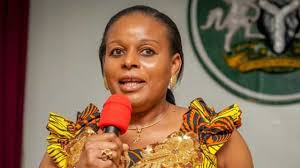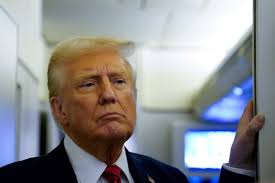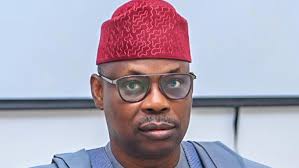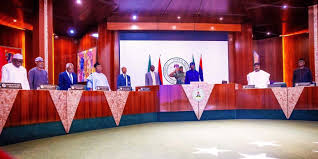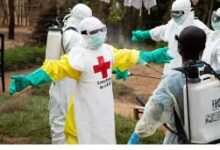Cancer no longer death sentence, access to treatment major obstacle — NCS
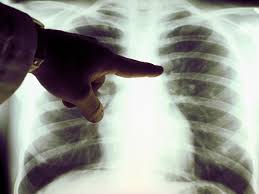
On this year’s World Cancer Day, themed ‘United by Unique,’ experts in cancer treatment have declared that cancer is no longer a death sentence.
They stressed that overcoming this disease requires collective action, patient-centred care, and a concerted effort to tackle the challenges of early detection, treatment accessibility, and rising healthcare costs.
Speaking in Lagos, a 10-year cancer survivor, and the Chairperson of the Nigerian Cancer Society (NCS), Tinu Lawal said: “Cancer is not just about survival; it’s about thriving with dignity, hope, and support. We have come a long way from the days when cancer treatment was a far-off dream.”
Lawal, whose personal journey of survival through limited resources serves as a testament to resilience, shared how she underwent treatment during a time when Nigeria only had one functional radiotherapy machine—one that was often breaking down due to overwhelming demand.
Reflecting on how far cancer care in Nigeria has come, Lawal acknowledged the strides made in recent years but pointed out that significant challenges remain.
“We’ve moved from where we were 10 years ago—almost at ground zero—to where we are today, but there’s still much to do. Survival rates are improving, but the reality is that there is still a long road ahead for patients, especially in terms of access to affordable treatment and healthcare services.”
The economic barriers to cancer treatment remain steep, with some therapies costing as much as N3 million per session, she said: “The cost is crippling. A single session of radiotherapy now costs almost N3 million, a far cry from the N200,000 I paid for my treatment years ago,” Lawal explained. She called on the government to provide greater financial support to patients and healthcare providers, stressing that
healthcare workers in Nigeria, despite the pressures of brain drain, are the unsung heroes of the healthcare system.
She called on the Nigerian government to urgently address the issue of Japa syndrome currently affecting the treatment of patients.
Noting that one of the key focuses of this year’s World Cancer Day celebration is to advocate for early detection, Lawal emphasised that early detection and treatment are vital. “The sooner we catch cancer, the better the chances of survival. Everyone must take responsibility for their health—regular checks and screenings should be a part of everyday life,” she said.
She said the Nigerian Cancer Society’s Lagos chapter, under her leadership, was committed to raising public awareness, de-stigmatising cancer, and promoting the importance of early detection. Through outreach programs, community engagement, and partnerships, the NCS aims to ensure that cancer becomes a central part of public health conversations.

